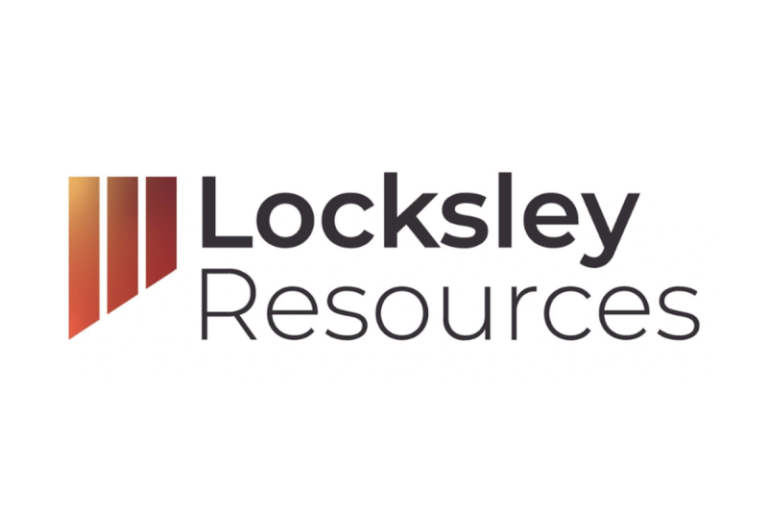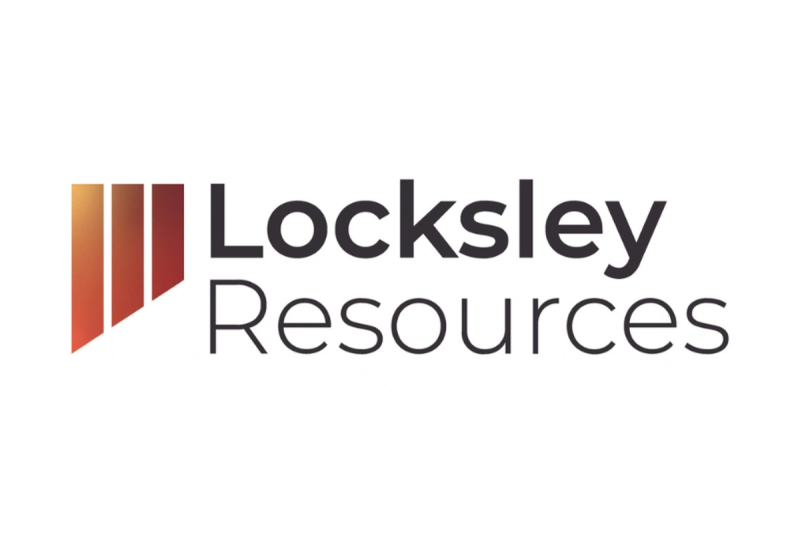Democrats tenaciously working to thwart the second Trump administration seemingly have thrown out their playbook from the president’s first administration — abandoning repeated attempts to impeach President Donald Trump in favor of broadening their focus on leveraging Article II of the Constitution to impede MAGA policies.
Democrats, since the early days of Trump’s second presidency, have accused him of taking steps that amount to a ‘gross overreach of presidential authority’ or launching ‘illegal power grabs,’ most notably in response to some of the more than 200 executive orders the president has signed this term. Lawsuits challenging the administration also have focused language on claims Trump is exceeding his executive authority, sparking some policies to get tied up in the courts.
Article II of the Constitution lays out the foundation for the balance of power between the office of the president and other branches of the government, including establishing the executive branch. Section II of Article II details the duties and powers of a president.
Political foes have turned to Article II in their legal battles against Trump, repeatedly claiming he has exceeded his authority.
‘Trump Derangement Syndrome takes on many forms — despite the Democrats’ failure to stop President Trump’s incredibly popular agenda in his first term, they’re trying a new strategy this time and failing again,’ White House spokeswoman Abigail Jackson told Fox News Digital Thursday when asked about the increase in claims and cases claiming Trump is overstepping his presidential bounds.
‘The Trump Administration’s policies have been consistently upheld by the Supreme Court as lawful despite an unprecedented number of legal challenges and unlawful lower court rulings from far-left liberal activist judges,’ she continued. ‘The president will continue implementing the policy agenda that the American people voted for in November and will continue to be vindicated by higher courts when liberal activist judges attempt to intervene.’
First term impeachment efforts
Trump’s first administration was underscored by two impeachment efforts, which landed Trump as the first president in U.S. history to be impeached twice. Trump was acquitted by the Senate both times.
The first impeachment effort in 2019 accused Trump of abuse of power and obstruction of Congress related to allegedly seeking foreign interference from Ukraine to boost his re-election efforts in 2020.
The focus of that impeachment focused on a July 2019 phone call in which Trump pressed Ukrainian President Volodymyr Zelenskyy to launch investigations into the Biden family’s business dealings in Ukraine, including Hunter Biden’s business dealings with Burisma holdings company. Biden was under federal investigation at the time.
The House impeached Trump on both articles of impeachment in December 2019, with the Senate voting to acquit Trump on both articles of impeachment in February 2020.
Months later, Democrats teed up another Trump impeachment after the breach of the U.S. Capitol on Jan. 6, 2021.
Trump notched another first, when the Senate tried a former president after the House voted to impeach him just a week before Joe Biden was inaugurated as the nation’s 46th president. The Senate ultimately acquitted Trump in the case.
The second impeachment focused on the breach of the U.S. Capitol by throngs of Trump supporters when the Senate and House convened to certify Biden’s 2020 election win. Trump was accused of working to overturn the results of the election and that he incited an insurrection with rhetoric regarding the election ahead of the Capitol breach.
‘I will never forgive the people who stormed the Capitol for the trauma that they caused in our young people, our members of the press who were covering that day, our staffers, the maintenance crew, the people who keep the Capitol neat and clean,’ then-Speaker of the House Nancy Pelosi said in an interview on MSNBC in 2022.
‘This was a disgrace. And the president instigated an insurrection, refused to stop it and as those films show, would not, in a timely fashion, allow the National Guard to come in and stop it. And that is sinful,’ she continued.
The Senate acquitted Trump of the impeachment charge of inciting an insurrection in February 2021.
The impeachment efforts followed Democrats threatening and vowing to impeach Trump at various points throughout his first administration.
‘I rise today, Mr. Speaker, to call for the impeachment of the President of the United States of America for obstruction of justice. I do not do this for political purposes, Mr. Speaker. I do this because I believe in the great ideals that this country stands for — liberty and justice for all, the notion that we should have government of the people, by the people, for the people,’ Texas Democratic Rep. Al Green declared in May 2017 in regard to former FBI Director James Comey’s investigation into former National Security Adviser Michael Flynn.
‘The time has come to make clear to the American people and to this president that his train of injuries to our Constitution must be brought to an end through impeachment,’ Tennessee Democrat Rep. Steve Cohen said in November 2017 over claims Trump obstructed justice when he fired Comey in May 2017.
Out of office court battles
Trump’s four years after his first administration were riddled with a handful of civil and criminal cases, including standing trial in New York when he was found guilty on 34 counts of falsifying business records in May 2024.
District Attorney Alvin Bragg’s office worked to prove that Trump falsified the business records to conceal a $130,000 payment to former porn star Stormy Daniels ahead of the 2016 election to quiet her claims of an alleged 2006 affair with Trump. Trump has maintained his innocence in the case, and was sentenced after his election win to an unconditional discharge, meaning he faced no prison time or fines.
Trump also was indicted in Georgia on racketeering charges over claims he attempted to overturn the state’s 2020 election results, which the president denied. That case was put on hold after District Attorney Fani Willis was disqualified from prosecuting it.
A pair of federal criminal cases were dismissed, including one that alleged Trump mishandled sensitive government documents at his Florida Mar-a-Lago home after his presidency, as well as another claiming Trump attempted to overturn the 2020 election results. Special counsel Jack Smith oversaw both cases.
Trump also faced civil cases, including New York Attorney General Letitia James accusing Trump and the Trump Organization of inflating asset values. In another case, E. Jean Carroll, a former columnist who alleges Trump raped her in a New York City department store dressing room in the 1990s, accused Trump of defamation in a 2022 case.
Trump railed against the accusations and cases as examples of lawfare to prevent him from winning a second presidency, taking a victory lap upon his 2024 win that the efforts failed.
‘These cases, like all of the other cases I have been forced to go through, are empty and lawless, and should never have been brought,’ Trump wrote on Truth Social in November 2024, when Smith announced he would drop the felony cases.
‘It was a political hijacking, and a low point in the History of our Country that such a thing could have happened, and yet, I persevered, against all odds, and WON. MAKE AMERICA GREAT AGAIN!’ Trump added.
Second term Article II violation allegations
Trump’s second administration has been his with more than 400 lawsuits, according to Just Security’s lawsuit tracker targeting the administration, with many disputing Trump’s executive orders and policies as they relate to slimming down the size of the federal government, his policies removing diversity, equity and inclusion language and initiatives from the federal government, protecting girls’ sports from the inclusion of biological male players, and his various directives to remove the millions of illegal immigrants who have flooded the U.S. in recent years.
Trump and his administration are in the midst of cleaning up U.S. cities that have historically been rocked by crime, including working to remove illegal immigrants residing in the cities. Most recently, Trump ordered the National Guard to Portland, Oregon, in response to ‘radical left terrorism’ in the city, specifically members of the recently-designated domestic terrorism organization, Antifa.
‘The Radical Left’s reign of terror in Portland ends now, with President Donald J. Trump mobilizing federal resources to stop Antifa-led hellfire in its tracks. While Democrat politicians deny reality, it’s obvious what’s happening in Portland isn’t protest; it’s premeditated anarchy that has scarred the city for years — leaving officers battered, citizens terrorized, and property defaced,’ the White House said in an announcement that Trump was deploying federal resources to Portland on Sept. 30.
‘What President Trump is trying to do is an abuse of power,’ Democratic Oregon Gov. Tina Kotek said in September of Trump’s order to deploy the troops to Portland. ‘And it is a threat to our democracy. Governors should be in command of their National Guards, our citizens soldiers who sign up to stand up in an emergency to deal with real problems.’
Oregon sued the Trump admistration over the order, claiming Trump lacked the authority to deploy the National Guard.
U.S. District Judge Karin Immergut issued a temporary restraining order halting Trump’s plan to deploy 200 Oregon National Guard troops, then again on Sunday expanded the order to bar the administration from deploying any National Guard units from any state to Oregon pending further proceedings. Immergut determined Trump’s order likely exceeded his presidential authority.
The White House has hit back that Trump is within his presidential limits.
‘I think her opinion is untethered in reality and in the law,’ Leavitt told reporters at a White House press briefing. ‘The president is using his authority as commander in chief, U.S. code 12 406, which clearly states that the president has the right to call up the National Guard and in cases where he deems it’s appropriate. … The ICE facility has been really under siege. And, by these anarchists outside, they have been, disrespecting law enforcement. They’ve been inciting violence.’
The Ninth Circuit Court of Appeals lifted Immergut’s ruling that blocked the Oregon National Guard troops from deploying to Portland, but the other ruling baring any National Guard troops from deploying to Portland remains in effect.

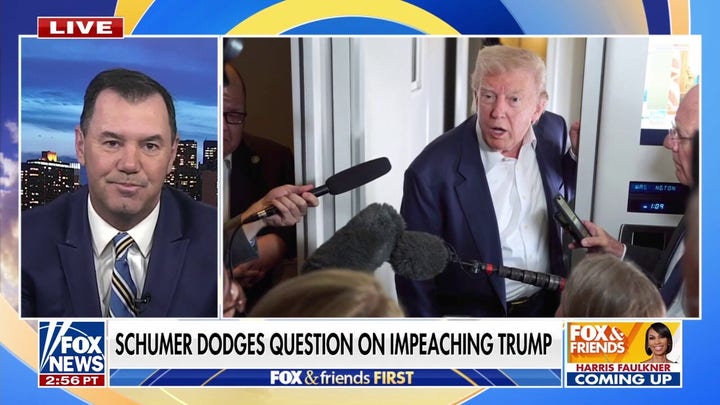


 Green Technology Metals (GT1:AU) has announced Successful A$4.5m Two Tranche Placement
Green Technology Metals (GT1:AU) has announced Successful A$4.5m Two Tranche Placement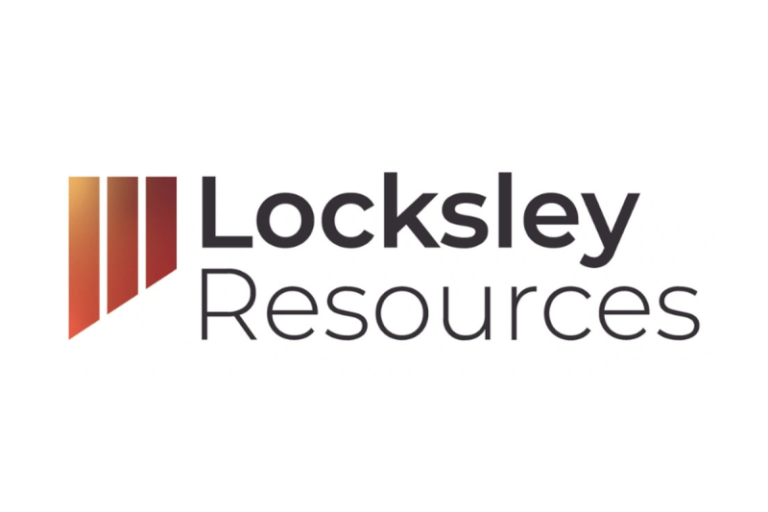
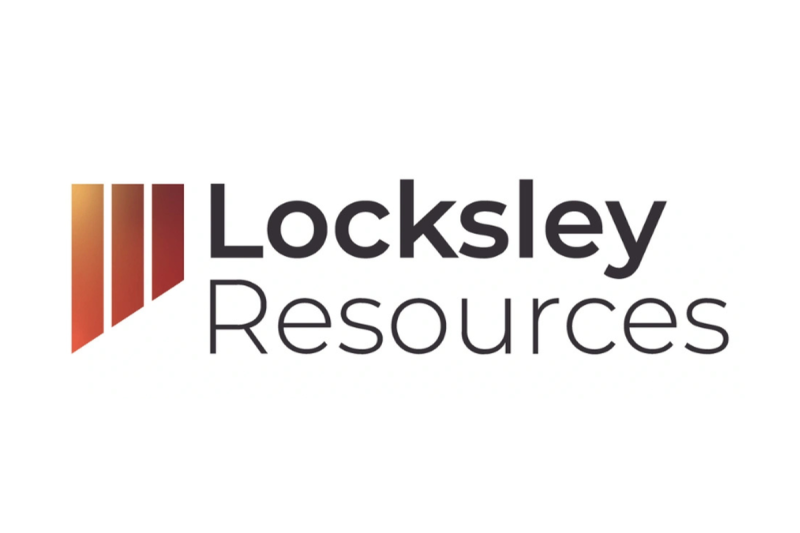
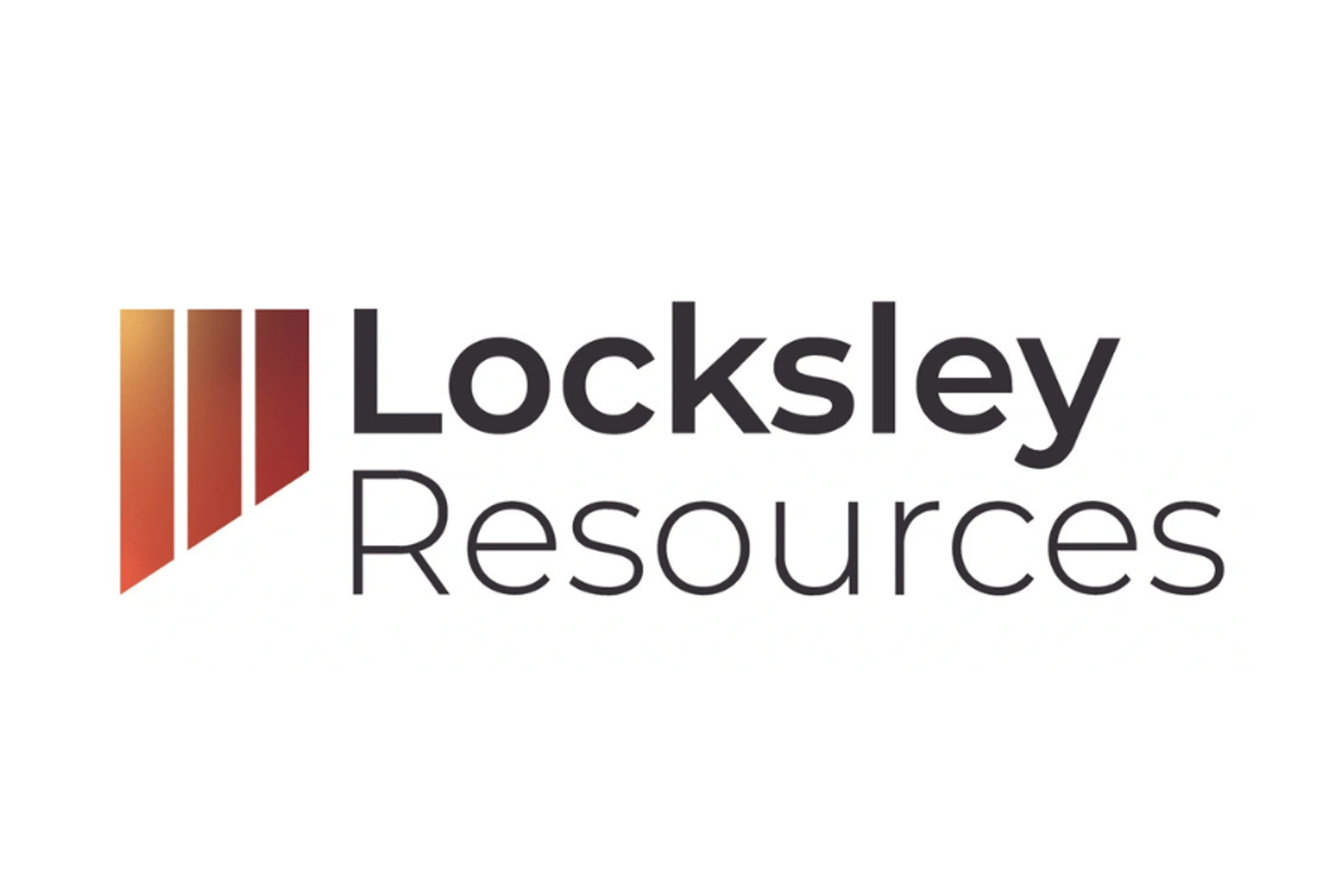 Locksley Resources (LKY:AU) has announced Locksley Qualifies for Trading on U.S. OTCQX Market
Locksley Resources (LKY:AU) has announced Locksley Qualifies for Trading on U.S. OTCQX Market

 American Rare Earths Limited (ARR:AU) has announced Successful Completion-Impurity Removal Neutralization Tests
American Rare Earths Limited (ARR:AU) has announced Successful Completion-Impurity Removal Neutralization Tests